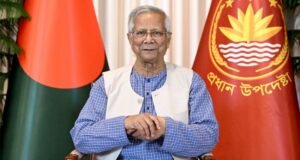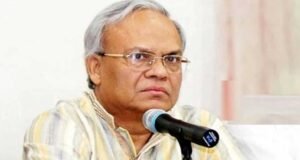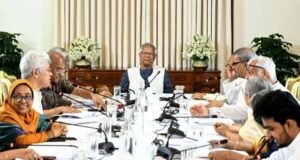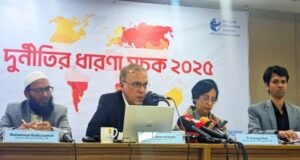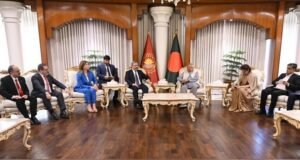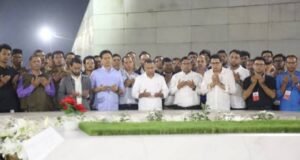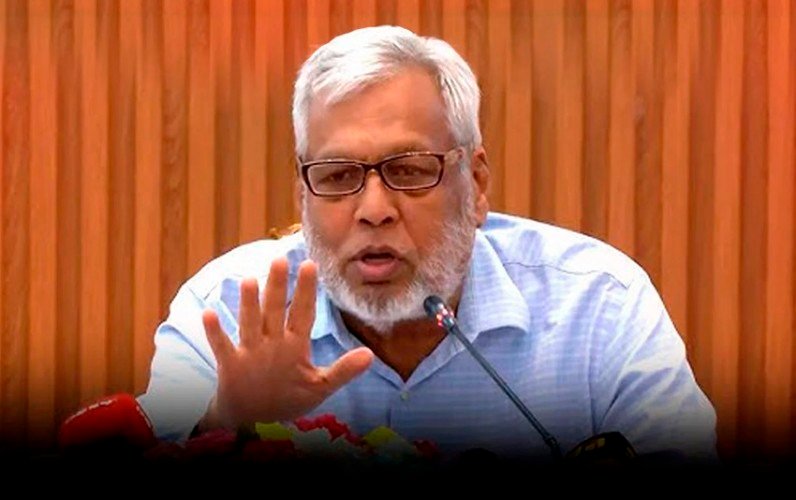
Bangladesh is steadily transitioning towards clean transportation and renewable energy, Power, Energy and Mineral Resources Adviser Dr Muhammad Fouzul Kabir Khan said during a webinar on Wednesday.
Speaking at fourth edition of “State of Investment Climate – Bangladesh” webinar, hosted by Bangladesh Investment Development Authority (BIDA), Dr. Khan outlined the government’s comprehensive steps to ensure energy security, promote clean mobility and boost investment in sustainable infrastructure.
He announced that, with support from World Bank, the government will introduce 450 electric buses and establish electric vehicle (EV) charging stations at existing petrol and gas stations.
“Investors involved in EV charging, imports, and operations will receive full government support,” he said.
Dr. Khan, a former Power Division Secretary and noted economist, said an integrated multimodal transport plan is underway. It aims to streamline road, rail and waterways with data-driven logistics to reduce costs and identify infrastructure gaps, positioning Bangladesh for global competitiveness.
Highlighting the government’s commitment to sustainability, he said the newly approved Renewable Energy Policy 2025 offers long-term tax holidays and duty cuts on solar technologies.
Under National Rooftop Solar Programme, solar installations will be deployed across all government offices, hospitals, and educational institutions using net metering systems.
“Over 3,000 megawatts of solar power will be generated from rooftop and ground-mounted projects,” he added. The private sector will play a major role through merchant power policies that allow direct energy sales to consumers.
Dr. Khan also addressed the issue of energy security, noting Bangladesh plans to import 104 LNG cargoes in 2025, up from 84 last year.
He emphasized that financial discipline has been restored by repealing the controversial 2010 special contracting law and reducing outstanding energy liabilities from $3.2 billion to under $700 million.
An updated Integrated Power and Energy Master Plan is being developed to diversify the country’s energy mix, incorporating gas, coal, nuclear, solar and wind.
“Our long-term strategy is clear: diversify and secure sustainability. The next government will inherit a financially stable and forward-looking energy sector,” he said.
BIDA Executive Chairman Chowdhury Ashik Mahmud Bin Harun, who also chairs the Bangladesh Economic Zones Authority (BEZA), moderated the session.
In his opening remarks, he praised Bangladesh’s economic resilience and highlighted the country’s achievements, including stable GDP growth, inflation control, a flexible exchange rate, increased remittances and a rise in foreign direct investment (FDI).
He noted that BIDA has launched 32 major reform initiatives to improve the ease of doing business and attract quality investments.
“Bangladesh is entering a new era of confidence. With reforms and resilience, we are ready to welcome global investors,” he added.
 Weekly Bangla Mirror | Bangla Mirror, Bangladeshi news in UK, bangla mirror news
Weekly Bangla Mirror | Bangla Mirror, Bangladeshi news in UK, bangla mirror news


